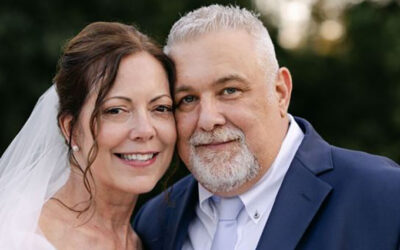Have you ever felt so anxious or stressed that you felt physical symptoms?
Under intense stress, it’s possible to experience a panic attack which can cause shortness of breath, chest pain, sweating, trembling and even fainting.
Those same symptoms can feel alarmingly like a heart attack, says Kenneth Civello Jr. MD, a cardiologist and specialist in electrophysiology with Our Lady of the Lake Physician Group. “It can be a very tricky situation.”
On the one hand, symptoms of an anxiety attack can be very similar to a heart attack. Chest pain, shortness of breath, racing heartbeat, sweating, trembling, nausea, vomiting and fainting can be signs of either.
But there are some subtle differences.
A panic attack, for example, may cause what feels like sharp, stabbing chest pain.
Conversely, patients who experience a heart attack often describe a squeezing pain or tightness in the center of their chest that’s unrelenting, and often radiates to their arm, jaw or shoulder.
Heart disease and panic disorder can affect people of any age. However, the risk of heart disease is greater among men over 45 and women over 55, making it especially important for them to know and understand those easily misinterpreted symptoms.
Talk with your primary care provider about anxiety and your risk for heart disease. Your doctor can help you manage symptoms and lower your risks.
But don’t stop there, Dr. Civello advises. It’s a good idea to also see a cardiologist if you have any questions or concerns about whether anxiety symptoms could be from heart disease. “We’re able to do the right amount of screening and testing to help assess, understand and reduce your risk for heart disease, which can help in recognizing symptoms should you ever have them.”
And some patients have both anxiety-related symptoms and heart disease, Dr. Civello says. “The most effective approach is for your primary care provider and cardiologist to work in harmony to manage both your mental health and your heart health.”




